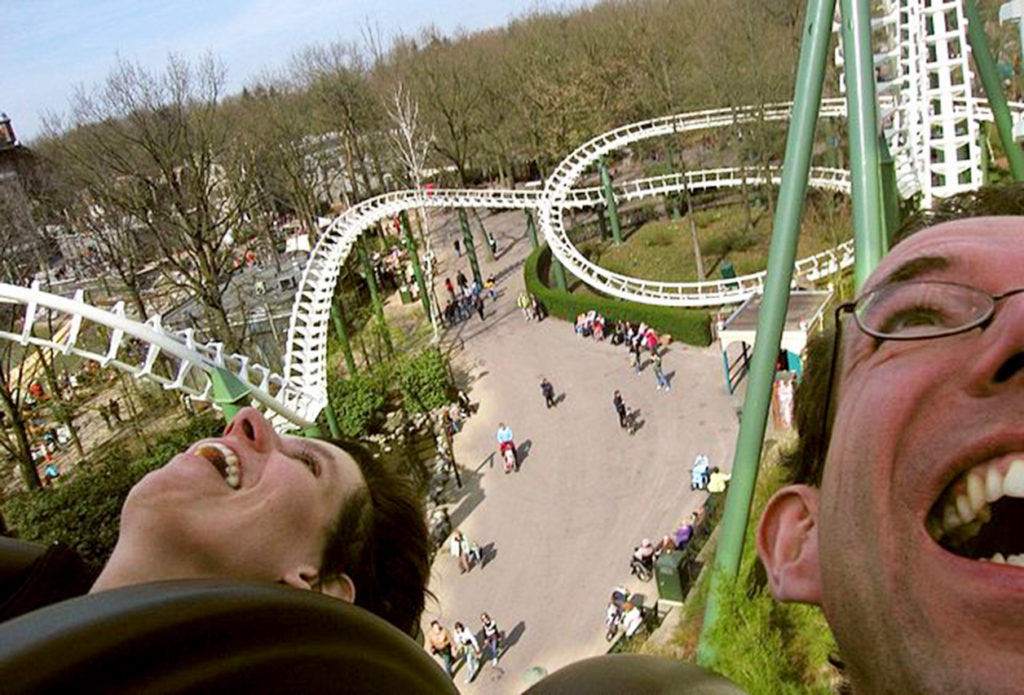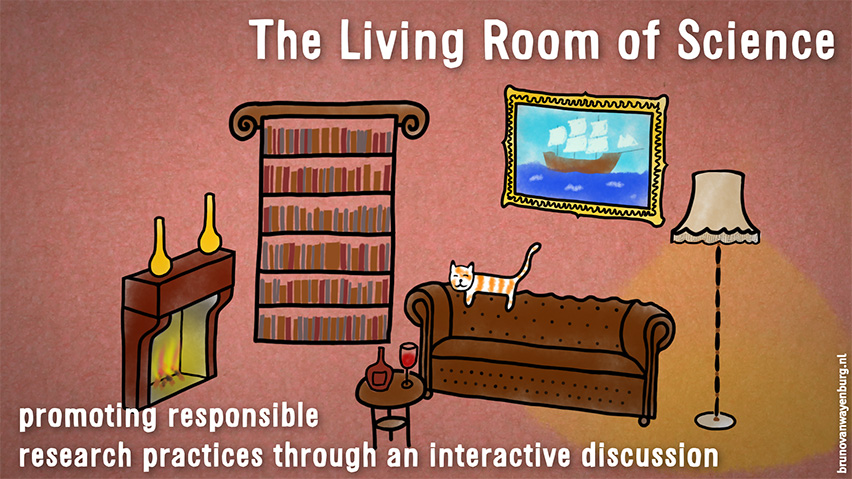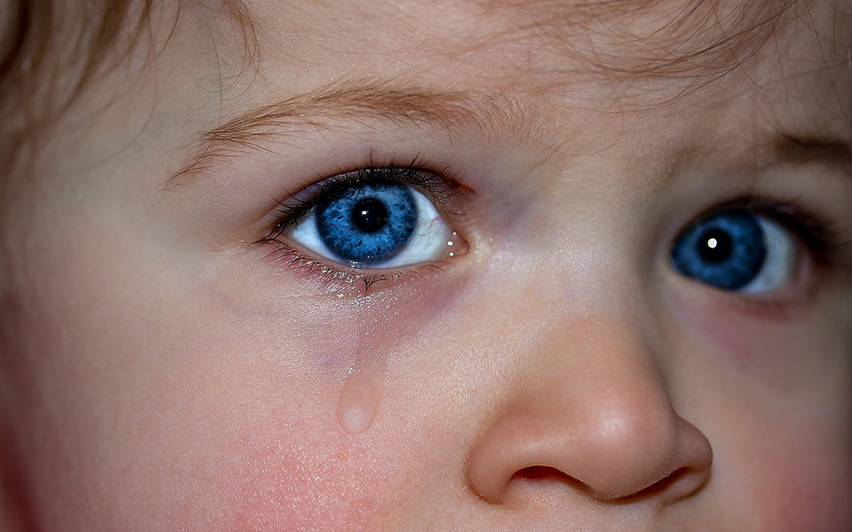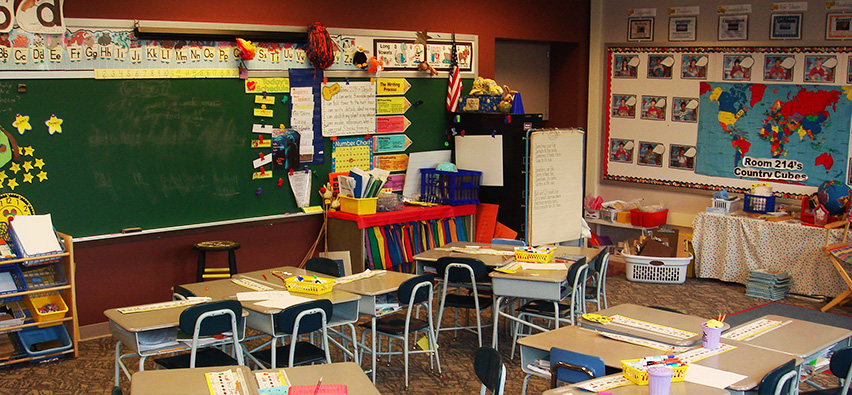New in our Mplus Summer School: a full day on Mediation Analysis by Milica Miočević
New this year will be a day on Mediation Analysis taught by Milica Miočević. Learn why you should not use normal theory confidence limits for testing the significance of the mediated effect, what methods for mediation analysis have the most power, and how to select the…
Wat zijn de regels van de wetenschap en liggen die voor altijd vast?
“Lang… lang geleden, in een dorp hier ver vandaan, stelden de eerste wetenschappers Vragen. Op een dag besloten zij dat Vragen stellen veel beter ging als ze zich terugtrokken uit het dorp en in een ivoren toren gingen werken. Daar konden zij in alle rust zoeken naar mogelijke antwoorden op de Vragen.
Sneak peek Mplus Summer School: Why the first day will feel like a roller-coaster
This summer’s 7th Mplus Summer School program will be nothing like the ones before! In the next week, I will occasionally reveal some new details to keep you guessing. This year I will be teaching the first day of the summer school. I will gently…
Sneak Peek Mplus Summer School: Nothing’s Like You Used To Know
As seven is a lucky number, we decided to push our luck this year. This summer’s 7th Mplus Summer School program will be nothing like the ones before! In the next week, I will occasionally reveal some new details to keep you guessing. For now,…
Livingroom of Science
Science is a dynamic process with continuously developing, often implicit rules and attitudes. Proclamations such as “this is how we always do it”, “get used to it”, or “this is what it takes to grow in academia” occur more frequently than they ideally should.
Application and Evaluation of an Expert Judgment Elicitation Procedure for Correlations
The purpose of the current study was to apply and evaluate a procedure to elicit expert judgments about correlations, and to update this information with empirical data. The result is a face-to-face group elicitation procedure with as its central element a trial roulette question that elicits experts’ judgments expressed as distributions.
Introducing the Fling – An Innovative Serious Game to Train Behavioral Control in Adolescents: Protocol of a Randomized Controlled Trial
Behavioral control weaknesses are a strong predictor of problematic behaviors in adolescents, such as heavy alcohol use. Heavy alcohol use at this young age can lead to health and school-related problems and is a severe societal problem.
A Bildung-psychological investigation into student motives: McKinsey- or von Humboldt-oriented?
This study examined differential student motives among students from a social sciences bachelor’s degree, and whether this difference related to participating in educational programmes for broader intellectual formation (Bildung). Survey research was conducted among 432 Dutch students (79.5% female), ranging in age from 17 to 32 years (Mage = 21.12, SD = 2.08).
Eye movement desensitisation and reprocessing therapy v. stabilisation as usual for refugees: randomised controlled trial
Eye movement desensitisation and reprocessing (EMDR) therapy is a first-line treatment for adults with post-traumatic stress disorder (PTSD). Some clinicians argue that with refugees, directly targeting traumatic memories through EMDR may be harmful or ineffective.
Fostering pupils’ lifelong learning competencies in the classroom: evaluation of a training programme using a multivariate multilevel growth curve approach
Evidence-based interventions to promote lifelong learning are needed not only in continuing education but also in schools, which lay important cornerstones for lifelong learning.
Child and adolescent internalizing and externalizing problems 12 months postburn: the potential role of preburn functioning, parental posttraumatic stress, and informant bias
Adjustment after pediatric burn injury may be a challenge for children as well as their parents. This prospective study examined associations of internalizing and externalizing problems in children and adolescents 12 months postburn with preburn functioning, and parental acute and chronic posttraumatic stress symptoms (PTSS) from different perspectives.
The relationship between tics, OC, ADHD and autism symptoms
Gilles de la Tourette’s syndrome (GTS) is a disorder in which obsessive-compulsive (OC), Attention Deficit Hyperactivity Disorder (ADHD) and autism symptoms occur in up to 60% of patients, suggesting shared etiology.













